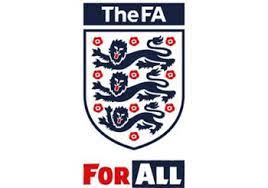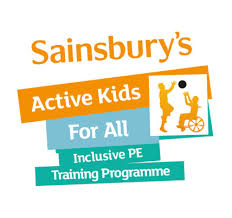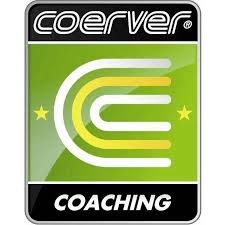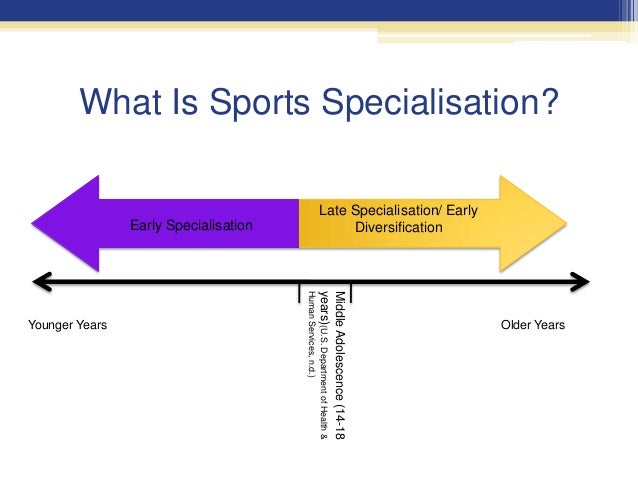Fa Level 2 Coaching Course
In October I started my level 2 coaching qualification in Football, where I will hopefully will have passed at the end of March. This takes place in 3 blocks for a couple of weeks involving Saturdays and Sundays and often week nights. The purpose of the level 2 is to look deeper into the needs of the participants that you are coaching so that you know what you need to coach them looking at the FA’s 4 corner model. The FA four corner model is separated into Physical, Technical, Social and Psychosocial. For example if I was coaching 4 year old then i would look at the technical corner and work on dribbling as 4 year olds are not very good at sharing. Therefore there is no point working on passing, meaning it will be more beneficial for the students to work on their ball mastery (dribbling and individual skills).
From completing my level 2 it will make me more employable as i will a higher qualification instead if the basic level 1 showing i have a deeper understanding of the sport and coaching side of the sport.

Youth Sport Training
From taking part in the Youth Sport training run by Sainsbury’s it meant that i was able to gain a deeper understanding of the inclusive spectrum (Black, 2011) and the use of the STEP principle (Black, 2011) to ensure that all of the participants are included in that activities no matter of their ability level or any disabilities they may have. From the training course it also gave us ideas about different lessons that you may do and that all of the sessions do not have to be physically active and that you can do sensory activities that will be more suited for less able participants. Therefore this has given me more knowledge for session ideas and new skills for the participants to learn new activities and engage in lessons as they are learning something new and try new activities. From taking part in this sport this will help me show that my sessions can be inclusive as I have an understanding of how to make sessions inclusive for all participants and have knowledge about disabilities and their needs and requirements.
References
Florian, L., & Black-Hawkins, K. (2011) ‘Exploring inclusive pedagogy’, British Educational Research Journal, 37 (5): 8813-28.Florian, L., & Black-Hawkins, K. (2011) ‘Exploring inclusive pedagogy’, British Educational Research Journal, 37 (5): 8813-28.

Mentoring- Level 4 students
Throughout our 2nd year at University we have been mentoring the first year during their festivals. The festivals are where students come in from different schools and the first year coach them for a certain amount of time. As second year students it is our job to watch them and give them some feedback on what they did well and what they can improve on but also get their thoughts on how it went and it gives them opportunities to ask for our advice or ask questions. Once we have done this the first year students will the go and coach some new students the same sessions but working on the feedback we discussed. Mentoring allows us to work alongside our peers working on our communication skill and allows us to use our knowledge that we have gained from our experiences from doing the festivals and what we have learnt from being on placement. This will be useful for the future as I may need to mentor students or staff therefore by having experience doing this I will know how to be an affective mentor to help whoever I am mentoring to achieve their goals.
Mentoring- South African students
During our second year we have had the opportunity to try and mentor first year students at DUT university (Durban University of Technology). They are taking part in a festival identical to what we did last year at university. To help mentor the students we Skyped a group of students where we found out what session they were doing including the learning outcomes, practice structure and coach behaviours. Using our knowledge and experiences we could help advise the students on any issues or anything we could help improve with to make their session as good as possible. Before the sessions we knew that they had very little knowledge on theory and actual coaching experience as the sports courses on offer are not very practical based so we know that this would be out of their comfort zone. Therefore it was important we could help the students to achieve their goal as much as possible. This will be useful for the future as I may need to mentor students or staff and through using Skype i know mentoring can be done with other people in other countries. Therefore by having experience doing this I will know how to be an affective mentor to help whoever I am mentoring to achieve their goals.
Rugby Inclusive Practice
From this session we were introduced into different ways we can adapt Rugby to ensure that it is inclusive for all. This can be adapting using the STEP principle (Black, 2011) to ensure that the activities are suitable for all. Most of the activities we learnt were all replicated something of the rugby game e.g. passing and agility. Therefore if you did not know the Rugby rules it did not really matter as we were able to use skills that you use in Rugby in other games that other participants might be interested in. In addition ti this we also learnt about the wheelchair version of rugby which has given me knowledge of how to include students who may be in a wheelchair to be included in Rugby and do not feel left out. From taking part in this course this will help me in the future as I can make Rugby sessions inclusive in my sessions and i can also apply how to adapt activities to make sessions in other sports inclusive.
Coerver Coaching Course
From taking part in the introduction Coerver coaching course it has meant that i have been given deeper knowledge in ball mastery and how important that children have repetition to ensure that they have enough time to practice the skills. From being able to practice the technique it means that the players are more likely perfect the skill. In addition to this Coerver also concentrate on 1v1 situations in football which is suitable for the younger participants as we know that they are not very good at sharing so by doing 1v1 situations it means that they don’t have to share and have a good chance of being successful therefore boosting their confidence. This course will help me in the future as I show that have deeper knowledge in football and different skills and activities to make my players better at football.

Early vs Late specialisation Workshop
This was a 90 minute workshop lead by Level 6 students that was focused on the positives and the negatives of early and late specialisation in sport. This gave me a great insight to some of the benefits and the drawbacks of both specialisation ways. Therefore this will help me in the future because if I ever come into a situation where a student or someone I am coaching where they are specialising I will be able to have a conversation with the student to explain the benefits of what they are doing and some of the negatives of what they are doing. Therefore I am also be able to give some guidance to help them if it is required.
